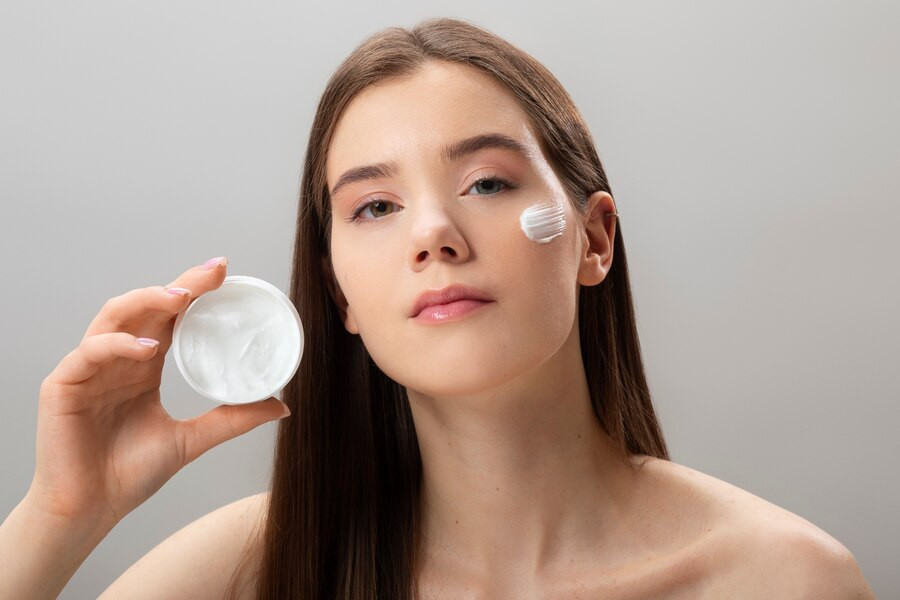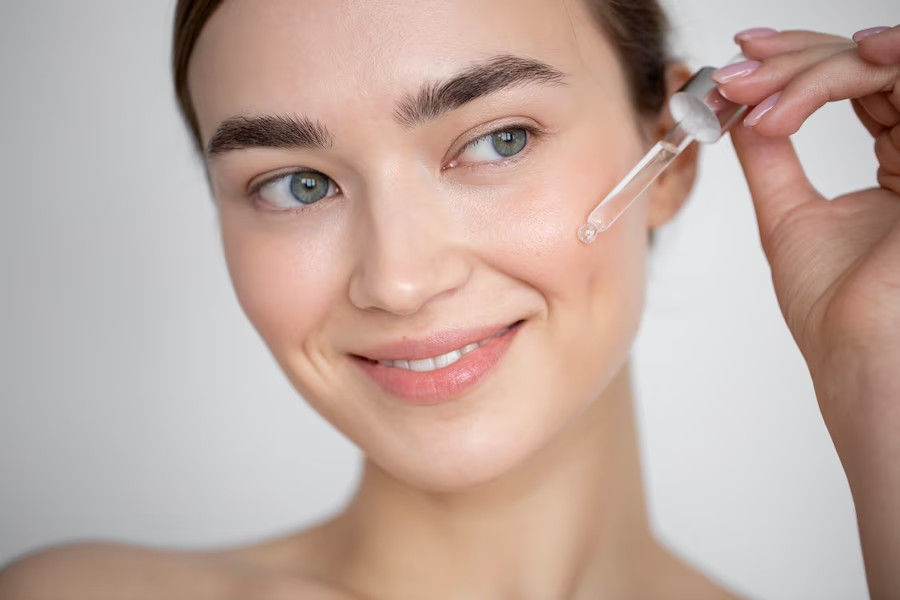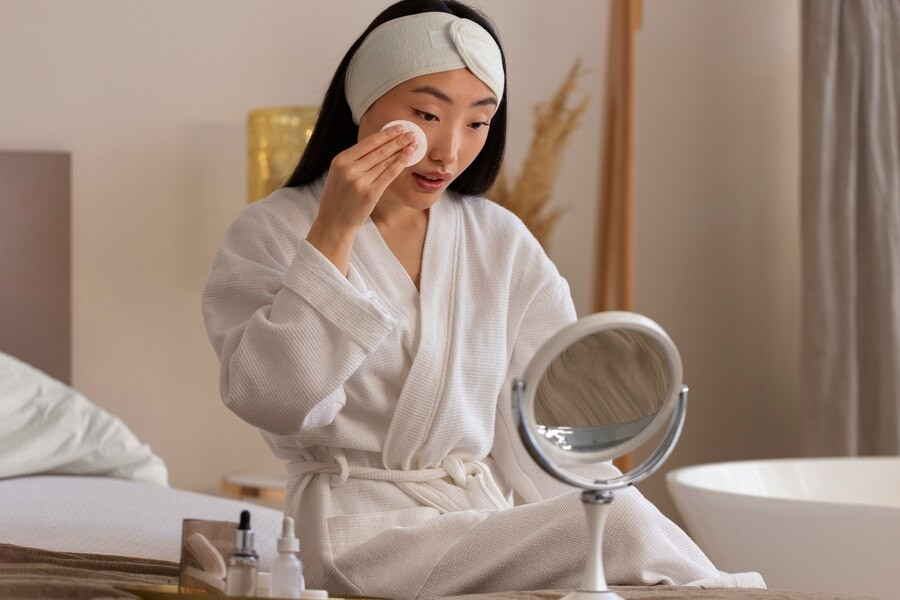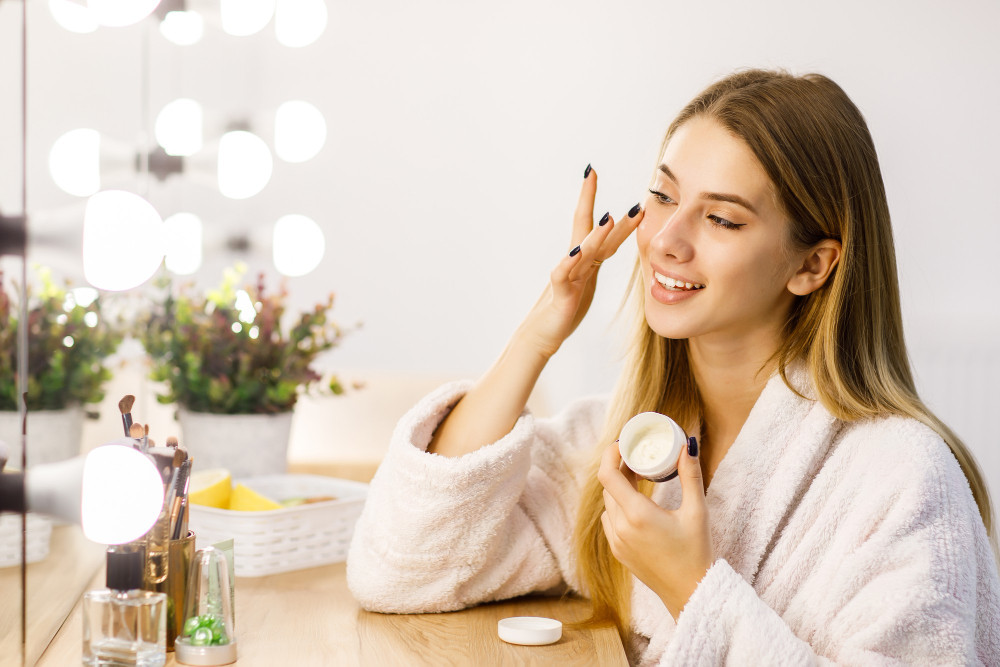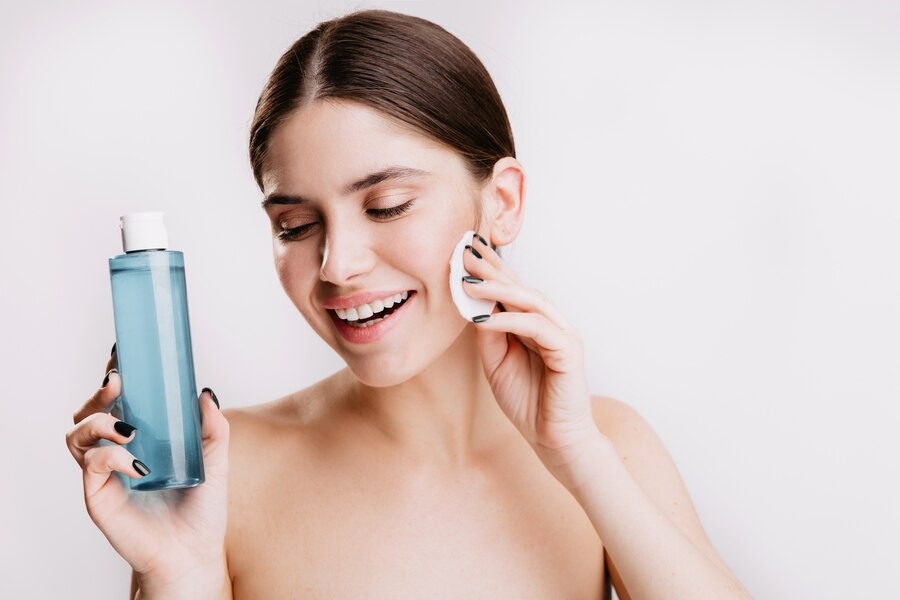Skincare has become an essential part of daily routines, helping maintain healthy skin and address issues like acne, hyperpigmentation, and premature aging.
However, some active ingredients in skincare can increase your skin's sensitivity to UV rays. Sun exposure after using certain products can lead to irritation and damage. Knowing which ingredients can heighten sun sensitivity and how to protect your skin from harmful rays is key.
Skincare Ingredients That Increase Sensitivity to Sun Exposure
Retinol and Retinoids
Retinol and retinoids, derivatives of vitamin A, are highly effective in promoting skin cell turnover, boosting collagen production, and treating signs of aging like fine lines and wrinkles. However, they can make your skin more sensitive to the sun.
These ingredients cause an increase in skin cell regeneration, creating a thinner top layer of skin that is more prone to sun damage. This can lead to redness, irritation, and hyperpigmentation if sun protection is not used.
Alpha Hydroxy Acid (AHA)
AHAs are acids commonly found in skincare products, particularly for exfoliation. They work by removing dead skin cells from the surface and encouraging new skin cell growth.
Types of AHA, such as glycolic acid, lactic acid, citric acid, and malic acid, help smooth the skin, minimize fine lines, reduce hyperpigmentation, cleanse pores, and soothe redness or inflammation in acne-prone skin.
However, AHA use can heighten skin sensitivity to sunlight. Without proper sunscreen protection, the skin is more likely to burn and develop dark spots.
Beta Hydroxy Acid (BHA)
BHA, particularly salicylic acid, is another common active ingredient, primarily used for treating acne and deep-cleaning pores. Like AHAs, BHAs can increase your skin's sensitivity to sunlight. Without sunscreen, the risk of irritation from sun exposure rises.
Vitamin C
Vitamin C is a popular ingredient in skincare, known for its brightening properties and ability to reduce hyperpigmentation. It acts as an antioxidant, protecting the skin from free radical damage and supporting collagen production.
Despite its antioxidant nature, vitamin C can make the skin more vulnerable to sun damage, causing redness and pigmentation issues if not adequately protected.
Benzoil Peroxide
Benzoyl peroxide is widely used to treat acne by killing acne-causing bacteria and reducing excess oil. However, it can increase the skin's sensitivity to sunlight, leading to dryness, redness, and flaking.
To protect your skin, always apply sunscreen with SPF 30 or higher each morning, especially after using these skincare products. It's best to use these active ingredients at night to minimize sun exposure.
For personalized advice on choosing the right skincare products, consult with a dermatologist. You can also use the Ai Care health consultation service, available for download on the App Store and Play Store.
Looking for more health tips, first aid, and home remedies? Click here!
- dr Nadia Opmalina
American Academy of Dermatology Association. What to Wear to Protect Your Skin From the Sun. Available from: https://www.aad.org/public/everyday-care/sun-protection/shade-clothing-sunscreen/what-to-wear-protect-skin-from-sun
Cleveland Clinic (2022). Retinol. Available from: https://my.clevelandclinic.org/health/treatments/23293-retinol
US FDA (2022). Alpha Hydroxy Acids. Available from: https://www.fda.gov/cosmetics/cosmetic-ingredients/alpha-hydroxy-acids
Jessica Caporuscio, PharmD (2021). Understanding the difference between AHA and BHA for skin care. Available from: https://www.medicalnewstoday.com/articles/aha-vs-bha
Annie Doyle (2023). 11 Reasons to Add Vitamin C Serum to Your Skin Care Routine. Available from: https://www.healthline.com/health/beauty-skin-care/vitamin-c-serum-benefits
Cleveland Clinic (2022). What Can Vitamin C Do for Your Skin?. Available from: https://health.clevelandclinic.org/vitamin-c-serum
NHS UK (2022). How and when to use benzoyl peroxide. Available from: https://www.nhs.uk/medicines/benzoyl-peroxide/how-and-when-to-use-benzoyl-peroxide/
Mayo Clinic (2022). Skin care: 5 tips for healthy skin. Available from: https://www.mayoclinic.org/healthy-lifestyle/adult-health/in-depth/skin-care/art-20048237


